Medical Oncology in India
Medical Oncology Overview
Bone Marrow Transplantation: A Lifesaving Procedure
Supportive Care in Medical Oncology
Why Choose Thangam Cancer Center for Medical Oncology
Medical Oncology
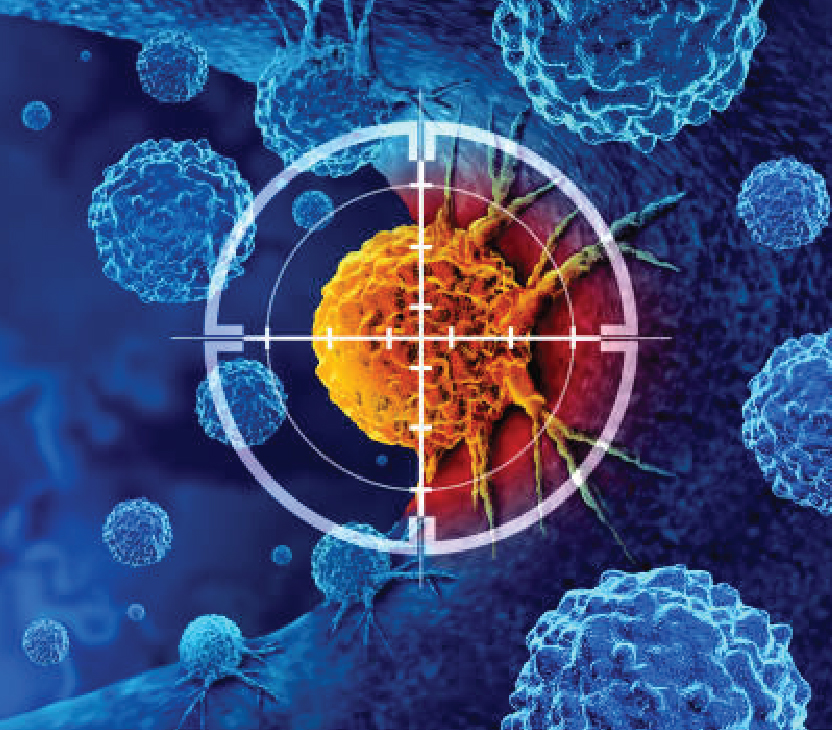
Medical Oncology at Thangam Hospital
Targeted, personalized, and compassionate cancer care that evolves with you
At Thangam Hospital, our Medical Oncology department is at the cutting edge of cancer treatment — blending the power of traditional chemotherapy with precision medicine tailored to each individual. We don’t just treat the disease; we treat the person.
Solid Tumour Oncology
At Thangam Hospital, our Solid Tumour Oncology division is dedicated to diagnosing, managing, and treating a wide spectrum of non-hematological cancers—commonly referred to as solid tumours. These include cancers of the breast, lung, colon, rectum, prostate, pancreas, liver, ovary, and other organs.
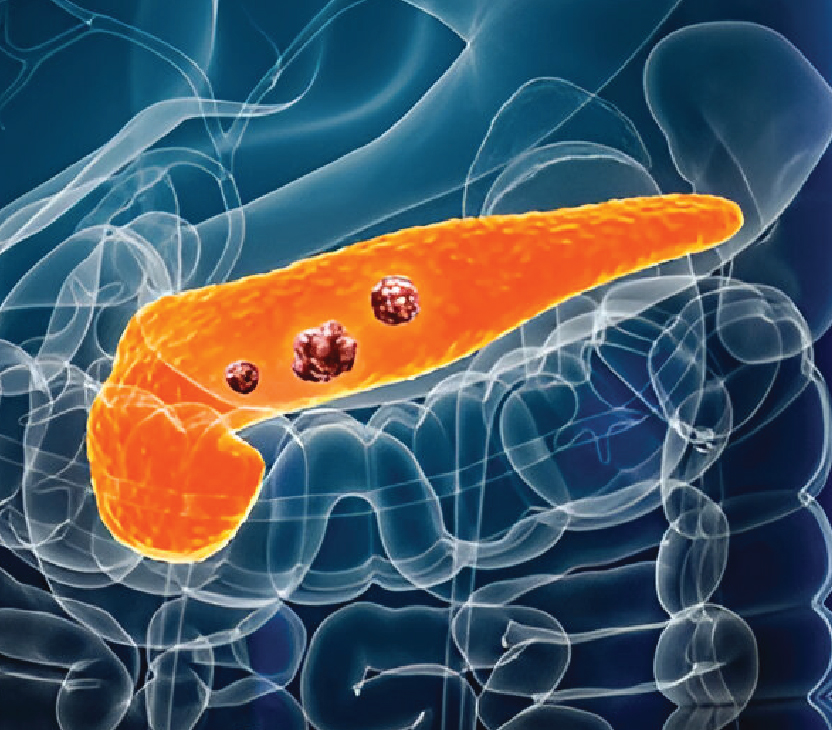
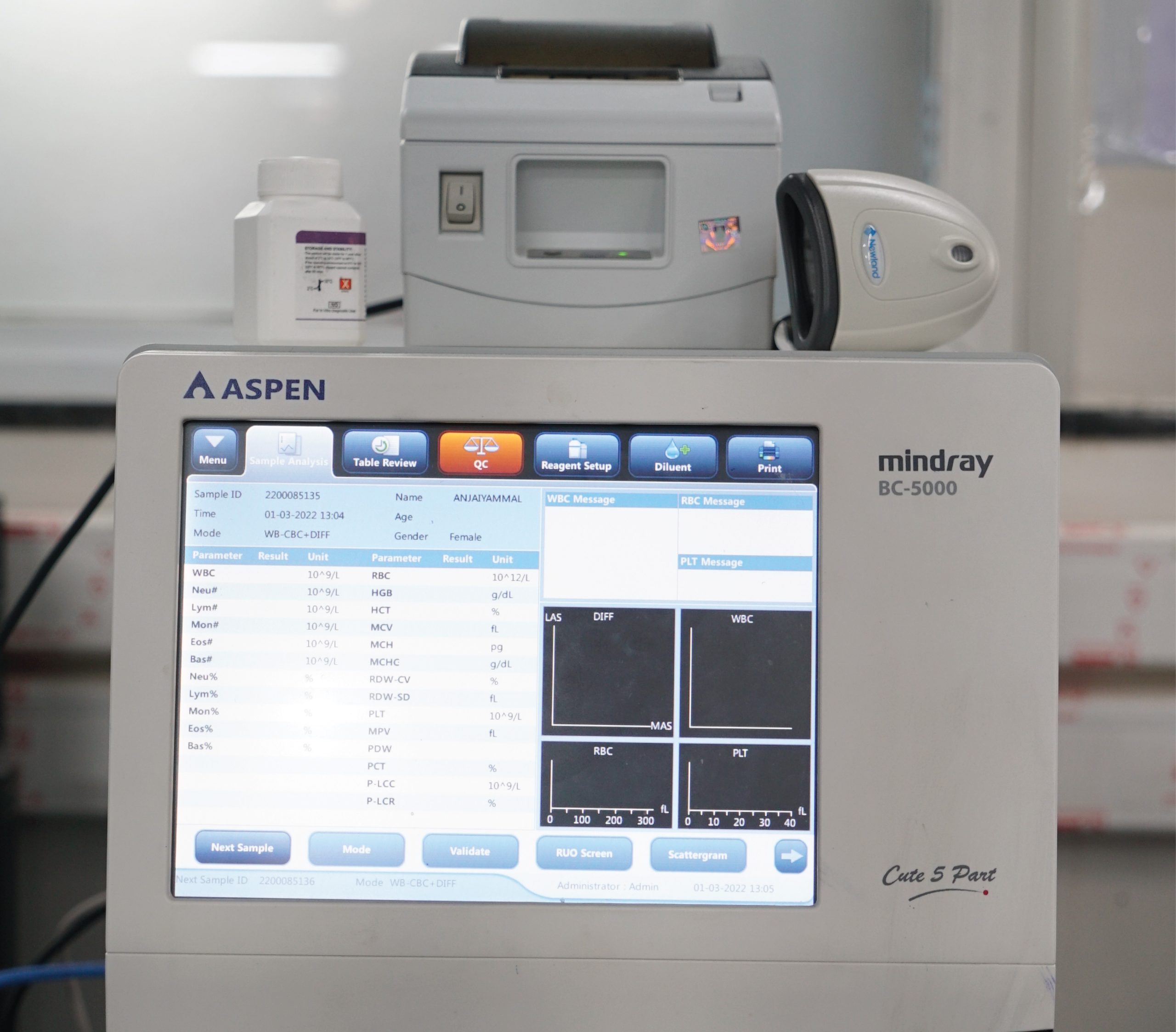
Haematology
At Thangam Hospital, our Haematology Department provides comprehensive care for patients with benign and malignant blood disorders. From common conditions like anaemia to complex blood cancers such as leukemia, lymphoma, and multiple myeloma, our expert haematologists offer accurate diagnosis, advanced treatment, and compassionate care tailored to each patient.
Bone Marrow Transplant (BMT) Services
For blood cancers and hematologic conditions, our BMT unit performs:
- Autologous (self) transplants
- Allogeneic (donor) transplants
- Treatment of leukemia, lymphoma, and myeloma
Our team supports patients through every phase—from stem cell harvesting to engraftment and post-transplant care.
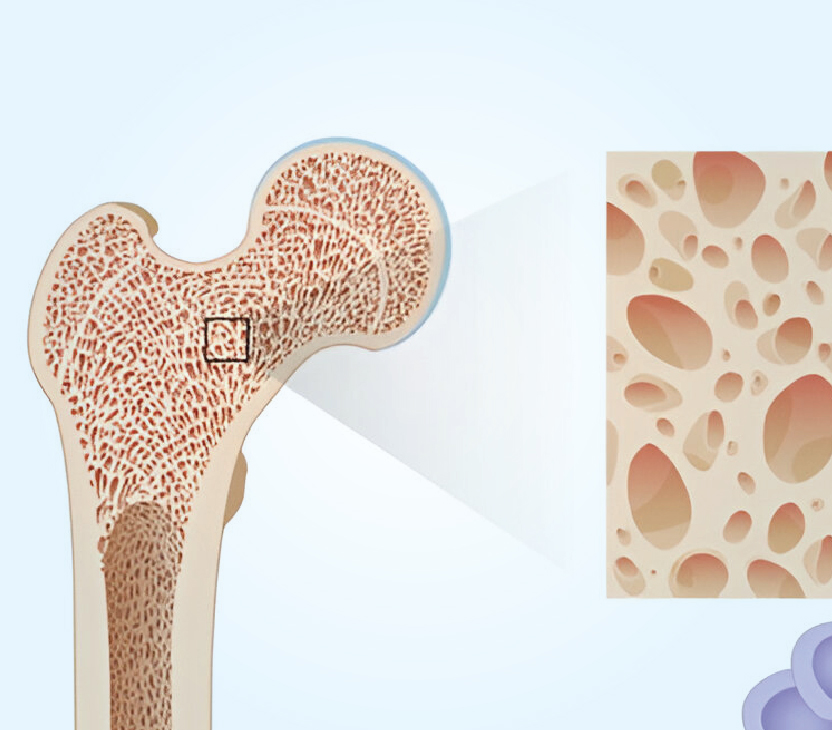
Personalized Chemotherapy
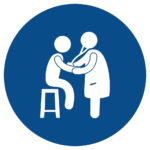
Because no two cancers are the same – your treatment shouldn’t be either
Gone are the days of one-size-fits-all chemotherapy. At Thangam Hospital, we adopt a personalized chemotherapy approach, fine-tuned to your tumor’s genetic profile, your biology, and how your body is likely to respond.
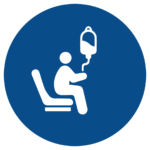
How we personalize chemotherapy:
Molecular tumor analysis: Advanced testing of tumor DNA, RNA, and proteins to find the exact mutations driving your cancer
Genetic profiling: Identification of gene changes that help us select the most effective drugs
Blood-based biomarkers: Non-invasive tests to detect tumor signals in your bloodstream
Treatment response modeling: AI-supported predictions on how your cancer will respond to specific therapies
Real-time adaptation: Your treatment plan evolves based on how well your body is responding
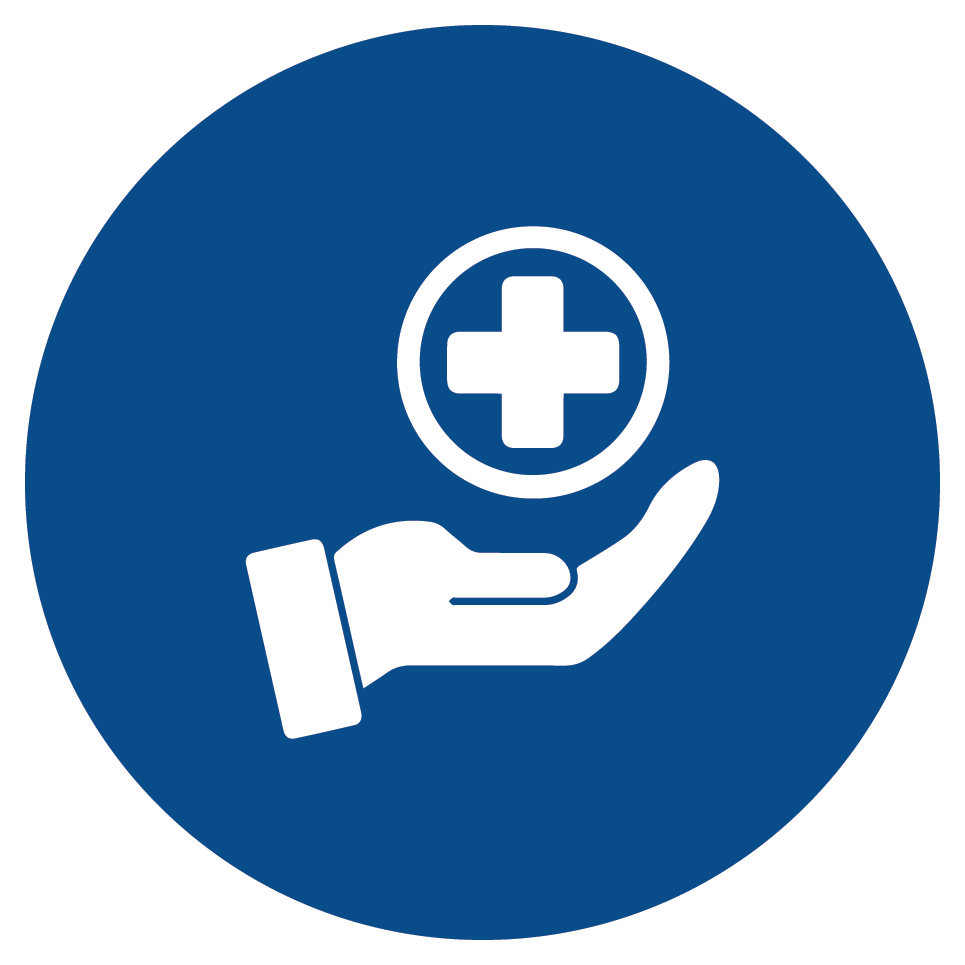
Why this matters:
- More effective treatment outcomes
- Fewer side effects due to precision dosing
- Better tolerance and improved quality of life
- Reduced chances of resistance or relapse
Immunotherapy
Empowering your own immune system to fight cancer
Immunotherapy is a breakthrough in cancer treatment that harnesses the body’s natural defenses to detect and destroy cancer cells. At Thangam Cancer Center, immunotherapy is offered for select cancers where it shows significant clinical benefit, especially in advanced or recurrent disease.
- Used in lung, melanoma, bladder, kidney, head & neck, and some GI cancers
- Immune checkpoint inhibitors (like PD-1/PD-L1 and CTLA-4 blockers) release the ‘brakes’ on immune cells
- May offer long-term remission in cases where other treatments have failed
- Administered as an outpatient therapy with close monitoring
- Personalized based on tumor markers like MSI-H, TMB, and PD-L1 expression
Immunotherapy represents hope for patients with difficult-to-treat cancers and is part of Thangam’s commitment to bringing the latest global standards to every patient.
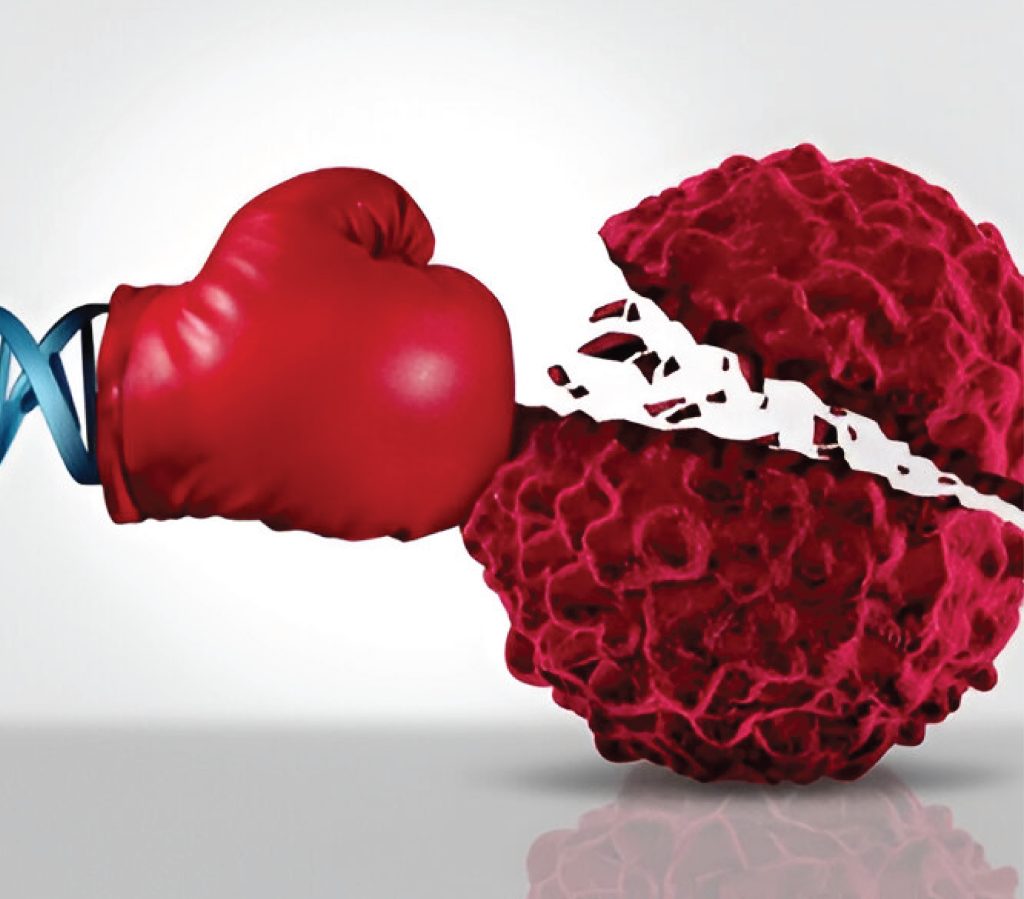
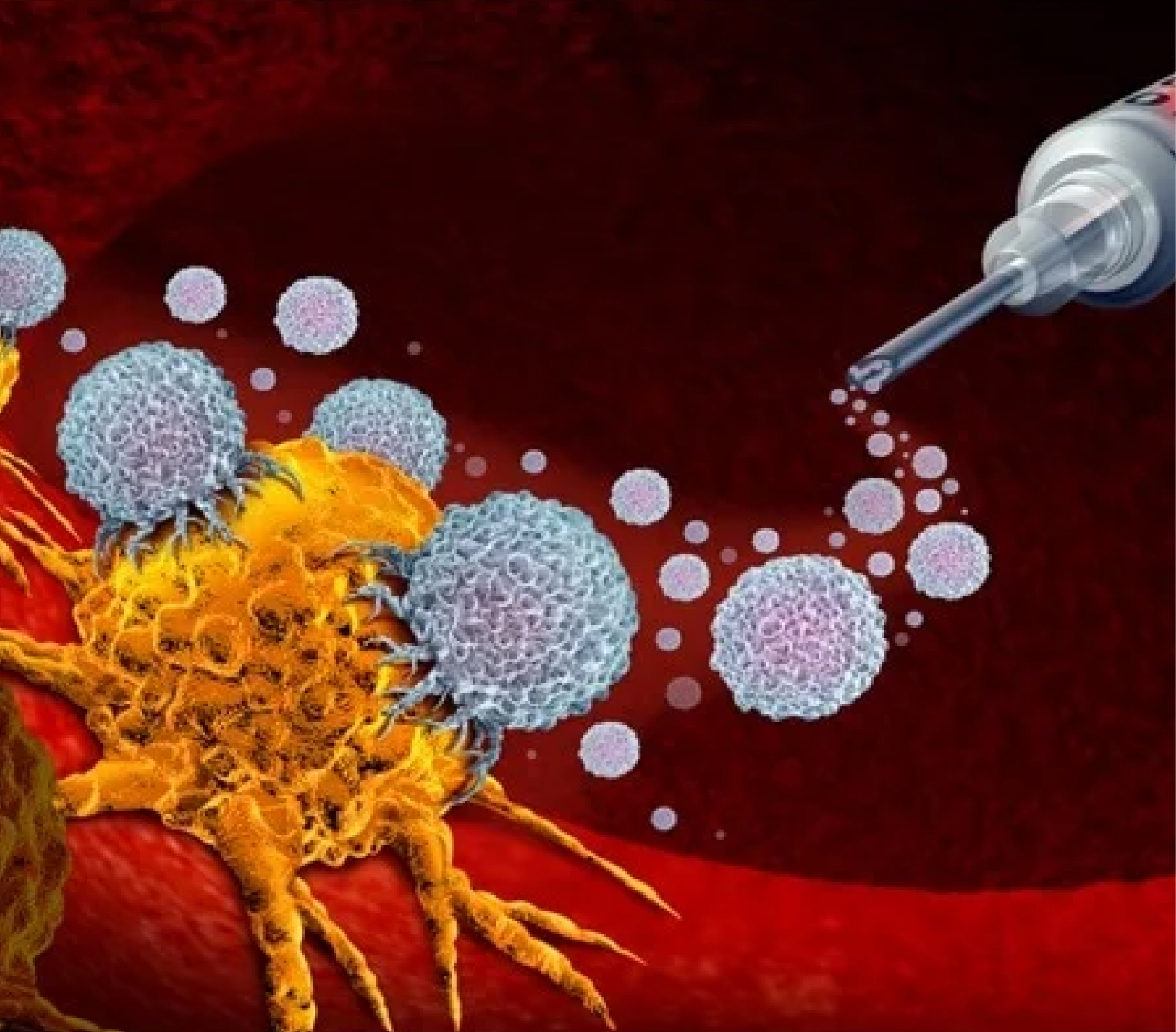
Targeted Therapy
Precision medicine, designed for your cancer
Targeted therapy focuses on specific genetic or molecular changes driving cancer growth. Unlike traditional chemotherapy, these drugs act precisely on cancer cells while sparing most healthy tissues.
Effective in cancers with known mutations such as EGFR, ALK, HER2, BRAF, and others
Oral or injectable therapies given on a tailored schedule
Fewer side effects compared to standard chemotherapy
Often used in lung, breast, colorectal, and hematologic cancers
Supported by in-house molecular profiling for accurate match
At Thangam, targeted therapies are selected after thorough molecular testing, ensuring that every patient receives the most effective, evidence-based treatment available.
CAR-T Cell Therapy – Personalized Immunotherapy
CAR-T (Chimeric Antigen Receptor T-cell) therapy is a groundbreaking form of immunotherapy that uses a patient’s own immune cells to fight cancer. Unlike traditional treatments like chemotherapy, it is a highly personalized “living drug” that genetically engineers a patient’s T-cells to specifically recognize and destroy cancer cells. At Thangam cancer center, we combine the latest treatment modalities with cutting edge medical infrastructure to deliver the best patient care possible, with dedicated care.
The CAR-T Cell Therapy Process
- T-cell Collection: A patient’s blood is collected in a process called apheresis. A machine separates the T-cells from the rest of the blood, which is then returned to the patient.
- Genetic Reprogramming: The collected T-cells are sent to a specialized lab. They are genetically modified to produce a chimeric antigen receptor (CAR) on their surface allowing the T-cells to identify a specific protein on the surface of cancer cells.
- Cell Expansion: The engineered CAR-T cells are grown in the lab, multiplying into the hundreds of millions of cancer-fighting cells.
- Infusion and Monitoring: The expanded CAR-T cells are infused back into the patient’s bloodstream to multiply and actively seek out and destroy cancer cells. Patients are closely monitored for potential side effects.
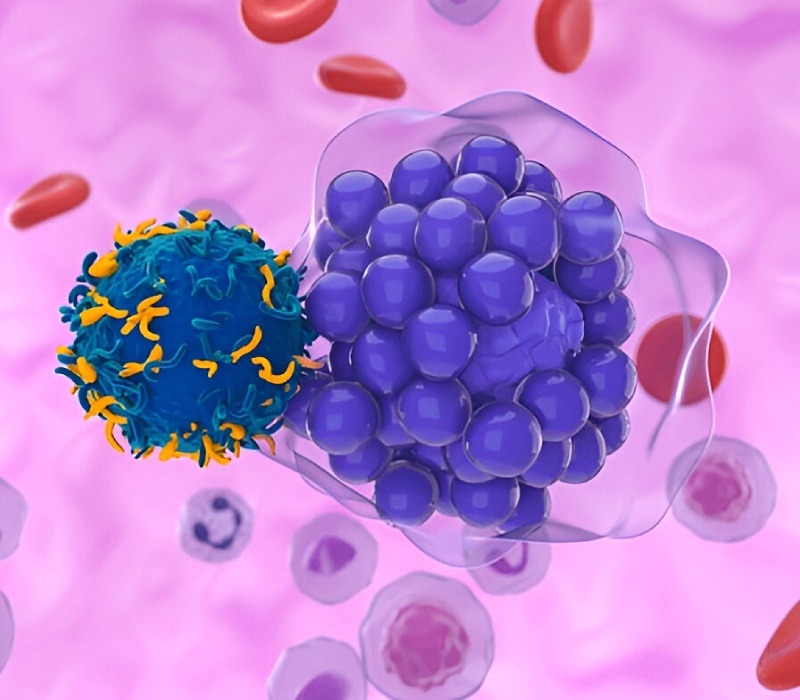

Scalp Cooling
Modern cancer care focuses on both effective treatment and minimizing side effects. At Thangam Hospital and Thangam Cancer Center, we are a center of excellence dedicated to bringing the latest advancements in cancer care directly to our patients.
One of the most distressing side effects of cancer treatment is hair loss, which affects patients both physically and emotionally. We understand this concern and are proud to introduce a scalp cooling system. This innovative technology has the potential to prevent hair loss and encourage quicker hair regrowth in up to 80% of patients undergoing cancer treatment.
Our team is always working to improve the patient experience. The introduction of the scalp cooling system is another step in our commitment to providing the best possible care and support during this difficult time.
Chemoport & Access Procedures
For patients undergoing chemotherapy or long-term IV therapies, we ensure seamless vascular access.
- Chemoport placement for safe and repeated drug delivery
- PICC line and central line insertions done with precision
- Minimizes discomfort and protects veins from damage
- Outpatient or day-care procedures
- Maintained and monitored by specialized nursing team
- Reliable access for uninterrupted cancer care.
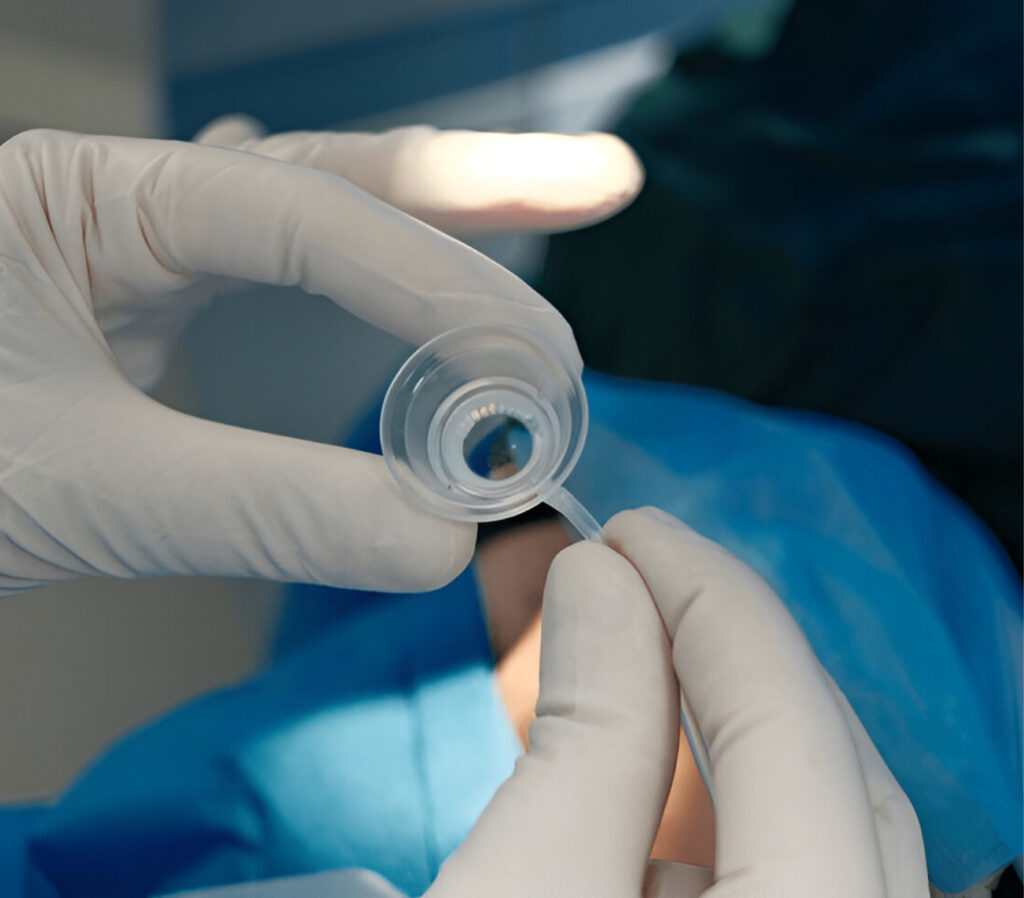
Genetic Counseling & Risk Assessment
Cancer may run in families – but so does strength ! Our genetic profiling services go beyond treatment. They help patients and families understand hereditary cancer risks, guiding prevention, early detection, and proactive management.

What we offer:
- Detailed cancer gene mutation screening
- Drug response prediction based on genetic makeup
- Inherited cancer risk assessment for individuals and families
- Personalized risk reduction strategies
- Genetic counseling and support
Particularly beneficial for:
- Advanced lung and colorectal cancers (targeted/immunotherapy decisions)
- Breast cancers (hormone receptor and HER2 analysis)
- Resistant leukemias and lymphomas
- Complex head and neck cancers
Bone fractures
Lung infections (like pneumonia or tuberculosis)
Molecular & Genetic Profiling
Know your cancer at the molecular level to beat it smarter. Our precision oncology program uses molecular and genetic profiling to decode the biology of your cancer. This lets us choose therapies that go straight to the mutations and pathways fuelling the tumor.
Key features:
Tumor tissue testing: Deep analysis of cancer cells to detect actionable protein and gene changes
Liquid biopsy: Cutting-edge blood tests to find circulating tumor DNA (ctDNA)
Advanced bioinformatics: We use computational tools to interpret complex molecular data
Ongoing tumor monitoring: Track changes in your tumor’s biology during treatment for real-time adjustments
This gives us the power to:
Target specific mutations and drivers
Predict how your cancer will respond
Avoid unnecessary or ineffective treatments
Continuously refine your treatment plan
